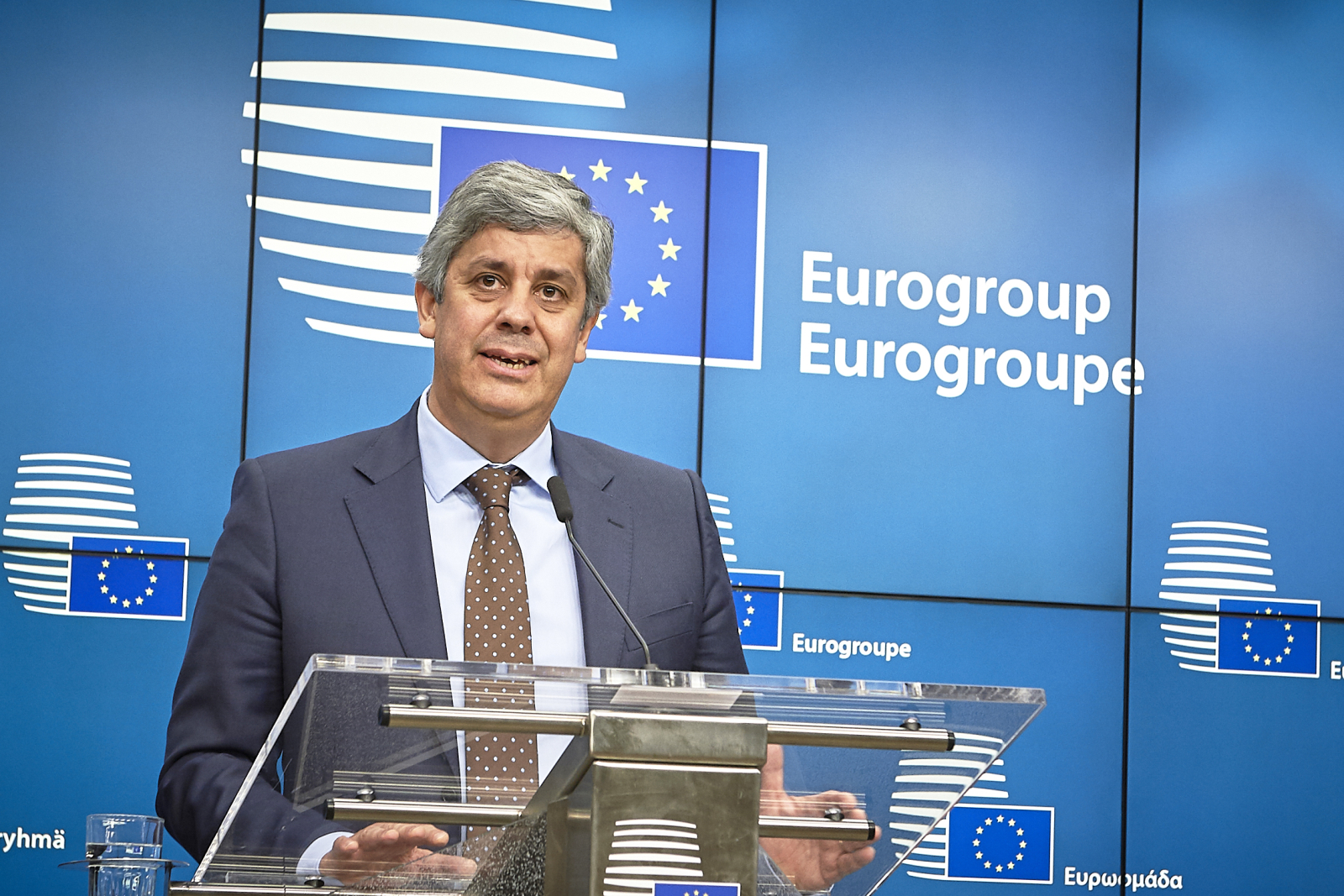
Practical information
Following the extraordinary meeting of the Eurogroup on the 19th November, negotiations on the development of the euro area are entering a new phase. The question on the solidity of the Eurozone concerning the Italian budget as well as the French-German proposal for a Eurozone budget are on the agenda.

What is the status of the Eurozone reform today, and what developments are feasible until the European elections? The debate aims at presenting the different approaches and proposals, without limiting itself to French-German visions, and at encouraging an open exchange at an important moment in the negotiations.
Welcoming address (9 am) :
- Eric André MARTIN, advisor on European issues, Ifri, Paris
Speakers:
- Vincent AUSSILLOUX, economist, Head of the Economy-Finance Department, France Stratégie, Paris
- Eileen KELLER, political scientist, Advisor on economic policy, French-German Institute (dfi) Ludwigsburg
Moderator:
- Sandra PARTHIE, Head of Brussels Liaison Office, German Economic Institute (IW Köln), Brussels
This conference will be held in English and French (simultaneous translation).
Breakfast buffet: 8:30 am
Beginning of the debate: 9 am
Find out more
From Meseberg to Nowhere? A Franco-German Impetus for the Eurozone
This study analyses the joint efforts by France and Germany to bring about a comprehensive reform of the European currency union. These efforts culminated in the joint Meseberg Declaration adopted in June 2018. The article contextualises these efforts with respect to the reforms realised so far and the different reform options at hand. Besides questions of economic viability and institutional deficits, the article tackles issues of political feasibility.





